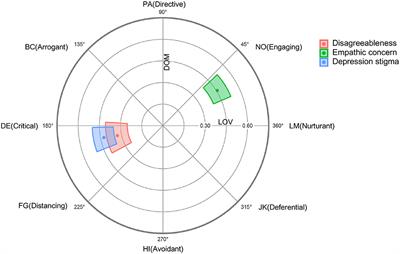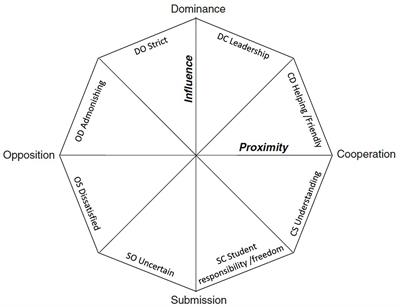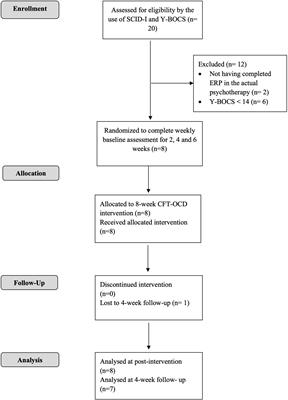EDITORIAL
Published on 13 Sep 2021
Editorial: Expanding the Science of Compassion
doi 10.3389/fpsyg.2021.745799
- 3,427 views
- 2 citations
53k
Total downloads
348k
Total views and downloads
Select the journal/section where you want your idea to be submitted:
EDITORIAL
Published on 13 Sep 2021
ORIGINAL RESEARCH
Published on 29 Jun 2021

ORIGINAL RESEARCH
Published on 01 Jun 2021

PERSPECTIVE
Published on 13 May 2021
CONCEPTUAL ANALYSIS
Published on 30 Apr 2021

REVIEW
Published on 10 Feb 2021

ORIGINAL RESEARCH
Published on 20 Jan 2021

ORIGINAL RESEARCH
Published on 12 Jan 2021

HYPOTHESIS AND THEORY
Published on 11 Jan 2021

CORRECTION
Published on 06 Jan 2021

ORIGINAL RESEARCH
Published on 29 Dec 2020

ORIGINAL RESEARCH
Published on 16 Dec 2020


Frontiers in Psychiatry